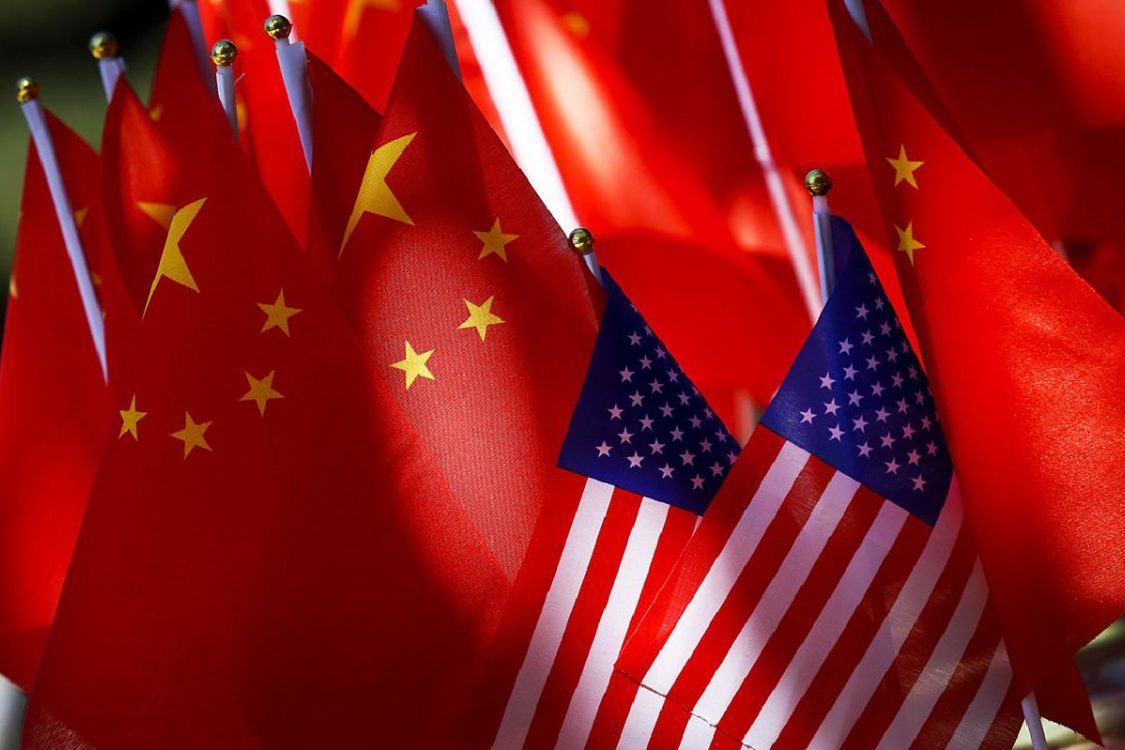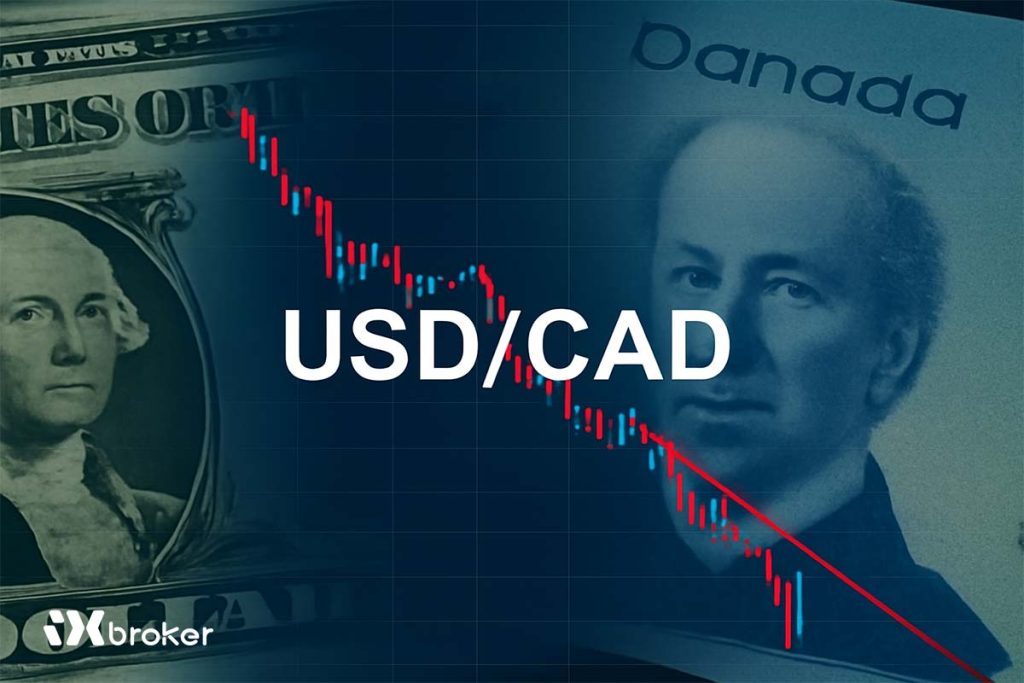Following tariff reductions in the China-US trade deal, J.P. Morgan upgrades emerging market equities, presenting a positive investment outlook for these markets.
J.P. Morgan, the global investment bank, has recently upgraded its rating on emerging market equities from “neutral” to “overweight,” citing eased trade tensions between China and the US alongside a weakening dollar. This move signals a promising new opportunity for investors in markets such as India, Brazil, and China.
Trade Tensions Ease, Creating New Opportunities for Emerging Markets
In recent weeks, the world’s two largest economies, the United States and China, reached an unprecedented agreement to significantly reduce their respective trade tariffs. Under this deal, the US cut tariffs on Chinese imports from 145% to 30%, while China reduced tariffs on American goods from 125% to 10%. This development has boosted optimism regarding a de-escalation of global trade tensions and an improved economic outlook worldwide.
J.P. Morgan’s analysts noted that this tariff reduction removes one of the largest obstacles facing emerging market equities. In other words, the relative end to the trade war between these two economic giants is expected to facilitate trade flows and investment into these markets.
Impact of a Weaker Dollar on Emerging Markets
Alongside tariff reductions, the depreciation of the US dollar plays a crucial role in improving conditions for emerging markets. J.P. Morgan anticipates that a weaker dollar in the second half of the year will further enhance the attractiveness of emerging market stocks. This dynamic is likely to accelerate foreign capital inflows and ultimately contribute to rising equity values.
The dollar index, widely regarded as the world’s reserve currency and a safe haven asset, has fallen approximately 7.5% so far this year. This decline reflects growing concerns over the instability of US economic policies and their repercussions on global financial markets.
Positive Outlook for Select Markets
J.P. Morgan’s report highlights specific emerging markets with the greatest growth potential. These include India, Brazil, the Philippines, Chile, the United Arab Emirates, Greece, and Poland. Particularly, China’s technology sector is identified as an especially attractive investment opportunity.
While analysts caution that trade tensions could resurface, they believe the worst of the disputes and associated market volatility have likely passed, paving the way for a more stable environment conducive to growth.
Market Indices and Equity Valuations
The MSCI Emerging Markets Index has recorded a 9% gain so far in 2025, indicating a resurgence of investor confidence in these markets. Meanwhile, developed markets have experienced higher growth rates overall, but since 2021, emerging markets have underperformed by approximately 40% relative to developed markets.
Equity valuations in emerging markets currently show a forward price-to-earnings (P/E) ratio of 12.4, significantly lower than the 19.1 ratio seen in developed markets. This valuation gap highlights the relative affordability of emerging market stocks, presenting an attractive opportunity for yield-seeking investors.
Summary and Future Outlook
Given the recent improvements in global trade relations, easing of China-US tensions, and the weakening US dollar, the outlook for emerging markets has brightened considerably. J.P. Morgan emphasizes the investment potential in India, Brazil, China, and other emerging economies, recommending increased exposure to these regions.
Global investors, facing reduced political and economic risks, stand to benefit from meaningful growth in emerging market equities in the coming years—provided that trade stability persists and macroeconomic policies remain balanced.



